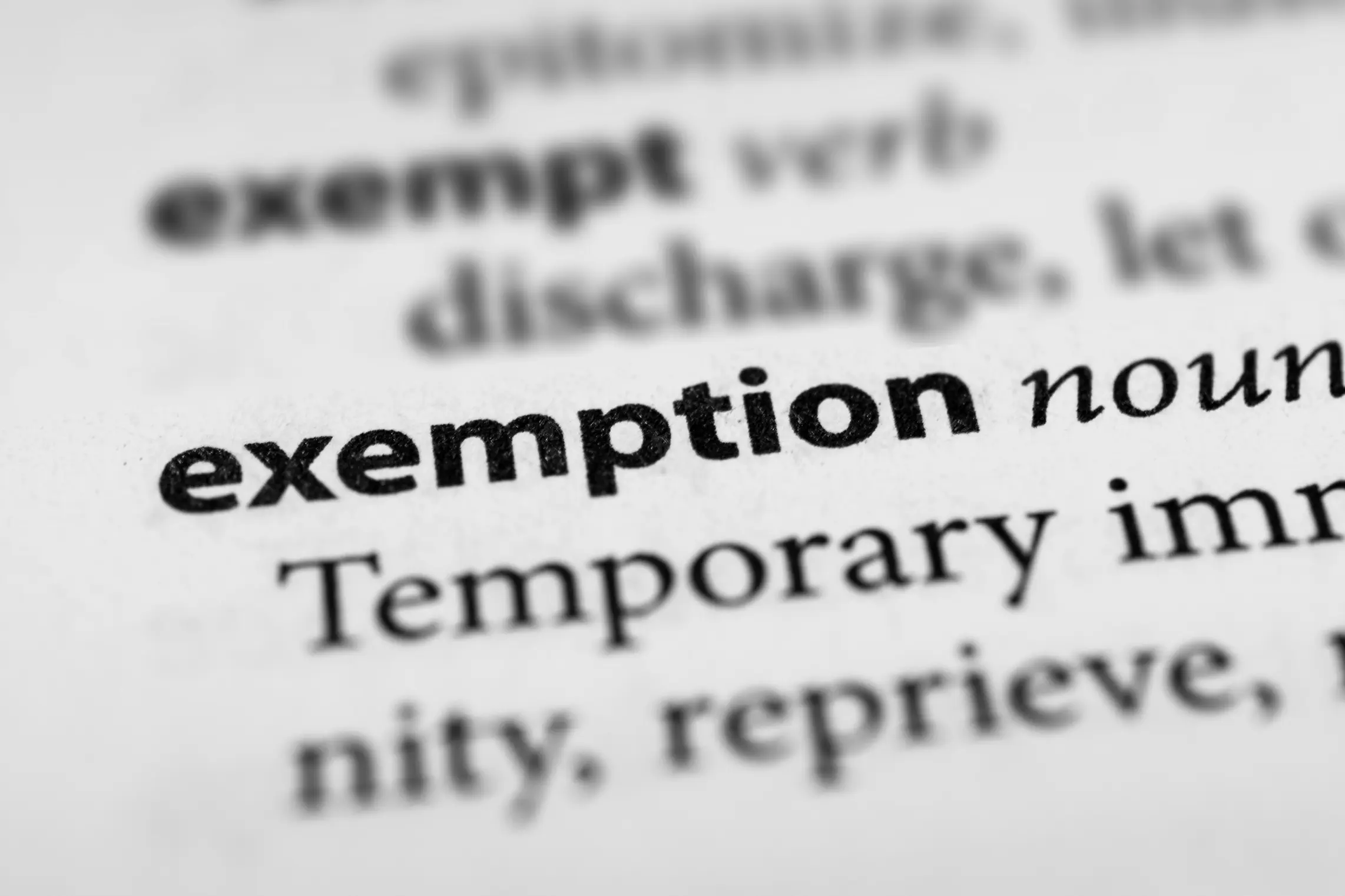Do you have a self-directed retirement account? If so, you might have heard about the term “prohibited transaction.” These are certain transactions that are not allowed under the Employee Retirement Income Security Act (ERISA) because they could lead to conflicts of interest or misuse of retirement funds. However, there are exceptions, called Prohibited Transaction Exemptions (PTEs), that allow some of these transactions under specific conditions.
What is a Prohibited Transaction Exemption (PTE)?
A Prohibited Transaction Exemption (PTE) is a special permission from the U.S. Department of Labor (DOL) that allows certain transactions to happen even though they would normally be prohibited under ERISA rules. These exemptions are crucial for allowing flexibility while still protecting your retirement savings.
Types of Prohibited Transaction Exemptions
-
PTE 1984-14: Qualified Professional Asset Manager (QPAM) Exemption
This exemption lets certain transactions involving retirement plan assets occur if those assets are managed by Qualified Professional Asset Managers (QPAMs). These managers must be independent and meet specific financial standards. This ensures that the people managing your retirement assets are trustworthy and financially stable.
-
Private Placements
Private placements involve selling investments to a small group of investors rather than to the public. This exemption allows retirement funds to be invested in these private offerings if the investors are sophisticated enough to understand the risks involved. No commissions from retail investors can be collected by the financial representatives facilitating the transactions.
-
Isolated Non-Issuer Transactions
These are one-time transactions that do not involve a public offering. This exemption permits such transactions if they happen only once and involve parties unrelated to the retirement plan. An example of this type of transaction would be selling private shares of a PPM to a friend or family member where you as the investor would get the proceeds directly from the sale and not the original issuer of the shares.
-
Unsolicited Non-Issuer Transactions
These transactions happen without any solicitation by the issuer. They are initiated by the investor and involve parties not related to the retirement plan, reducing the risk of conflicts of interest. An example of this type of transaction would be selling private shares of a PPM to someone that a broker-dealer helped identify because you were not able to identify a buyer on your own. Most often you would sign a non-solicitation letter stating that you are selling your shares without the coercion of the broker-dealer.
-
Certain Fiduciary Transactions
Some transactions where a fiduciary (the person managing your retirement plan) receives compensation for their services can be allowed if the compensation is reasonable and fully disclosed. You can review your fiduciary’s list of disclosures by using BrokerCheck – Find a broker, investment or financial advisor (finra.org).
-
Debt-Related Transactions (Bona Fide Loans)
This exemption covers transactions involving genuine loans, such as the plan borrowing money or extending credit. These loans must meet specific conditions to ensure they are in the best interest of the plan. The exemption could apply in situations where a non-exempt unregistered security is used as collateral on a loan that goes unpaid. The exemption would allow the lender to sell the security to try and recoup the borrowed money.
-
Transactions Between Issuers and Underwriters
This exemption allows transactions between issuers of securities and underwriters, provided these transactions protect the plan’s interests. The sale of a security from an issuer to its underwriter does not require the security to be registered. However, if the underwriter’s intent is to sell the security to the general public, the security is required to be registered.
-
Institutional Transactions
Transactions involving large financial institutions may be allowed if they are conducted fairly and in the best interest of the retirement plan. Institutional investors don’t require the same protections as retail investors. Institutional investors are part of a single entity that is investing a pool of capital in a fund on behalf of its investors. These are typically in to investments like hedge funds, mutual funds and pension funds.
-
Offer of Pre-Organization Certificates
This exemption allows the offer and sale of pre-organization certificates or subscriptions if specific conditions are met, protecting the plan’s interests. These tend to be offered when a company is looking to get pledges of funds ahead of being fully formed and able to accept funds. Investments like these could be done in the form of a Simplified Agreement for Future Equity (SAFE Agreement).
Why PTEs Matter for Your Retirement
Prohibited Transaction Exemptions are essential because they provide flexibility for managing retirement plan assets while ensuring that your savings are protected. They allow necessary transactions to occur under conditions that safeguard your interests, helping to prevent misuse or conflicts of interest.
Conclusion
Understanding Prohibited Transaction Exemptions is important for anyone involved in a retirement plan, especially those who manage their investments. These exemptions allow certain transactions to occur safely, ensuring that your retirement savings are managed effectively while still adhering to protective regulations.
uDirect IRA Services, LLC is here to help you~! We are not a fiduciary and we do not offer tax or legal advice. We do not recommend specific investments, rather we guide you through the process to self-direct your retirement savings into assets you choose. To get started, we offer a free consultation. Schedule yours HERE. To open an account, click HERE.

